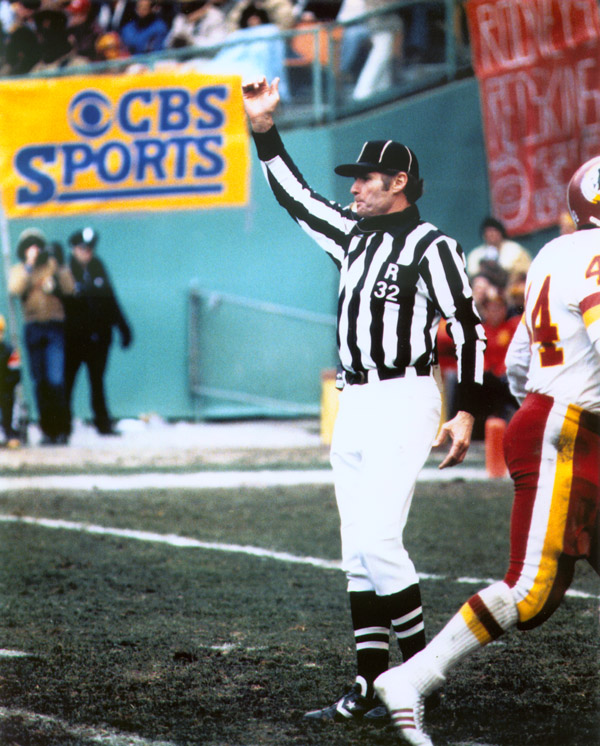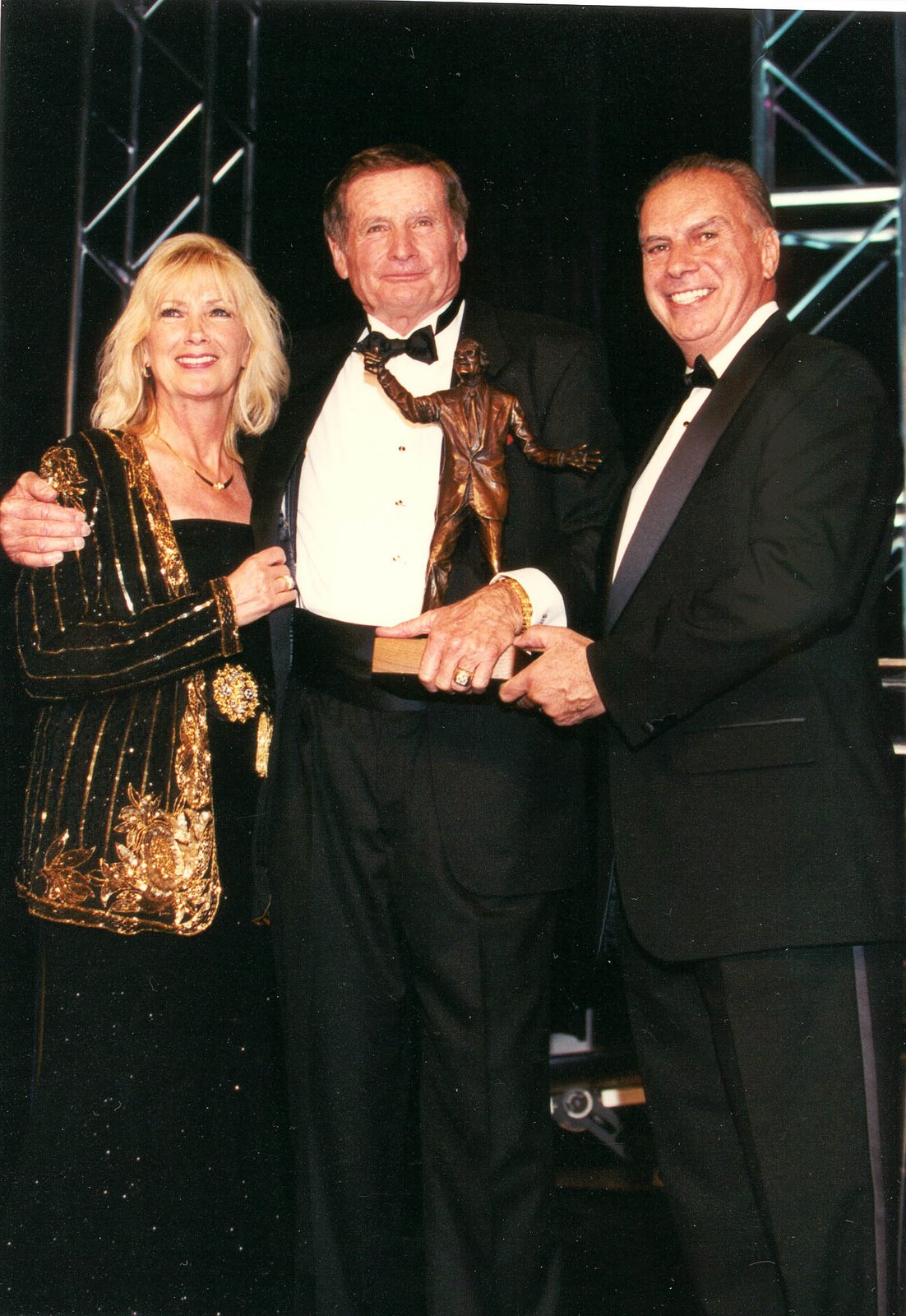After Further Review … “Why We Fight” (in our training camp) was the headline in a recent story in Sports Illustrated, by Peter King. The story described what New York Jets rookie Head Coach Rex Ryan wants in his pre-season training camp. Ryan, according to King’s story, told his players what the “rules of engagement” are: “If and when there is a fight, offensive players should pull defensive players off the pile and vice versa. Never should an offensive player grab another (offensive player) during a fight, because,” said Ryan, “that could give a defender a chance to get a ‘free shot’ when his foe is being held.”
You gotta be kiddin’ me! What happened to the coaching/teaching philosophy “Practice the way you want to play in a game?” That adage is preached by virtually all coaches. Practice sloppy – play sloppy. Drop passes in practice and you’ll drop them in a game. Jerry Rice, WR #80 of the San Francisco 49ers, would catch a pass – in practice – and run all the way to the goal line, because that’s what he intended to do in a game.
Having officiated dozens of NFL pre-season practices, I observed a variety of coaching philosophies. Hall of Fame Coach John Madden and Tom Flores, for example, both successful coaches with the Oakland Raiders, used to allow a fight to play itself out. (Note: current Raiders rookie Head Coach Tom Cable took that to a new level recently when he, allegedly, punched one of his assistant coaches.) Hall of Fame Coach Don Shula (Baltimore Colts and Miami Dolphins) said, “You have to understand that this is an emotional game - a player can lose his temper. When a fight happens during practice,” continued Shula, “you break it up quickly.”
What Shula and most coaches emphasize is that fighting in a game will get a player ejected (see NFL Rule 12-3-1-a, page 82) and, said Shula, “We can’t afford to lose players!” Practice like it’s game conditions. Ryan’s idea (“You have to go out there -- on the field -- knowing the guy playing next to you has your back; it bonds you”) can be detrimental to a player in game conditions. Learning to control your emotions is part of what T.E.A.M. sports is all about. It will serve you well in many life situations. Seems to me that there are better ways to “bond” team mates.
Will you find ways to build rapport with team mates?(Note: watch for my new site: “Tunney Side of Sports”)
Subscribe to:
Post Comments (Atom)










No comments:
Post a Comment